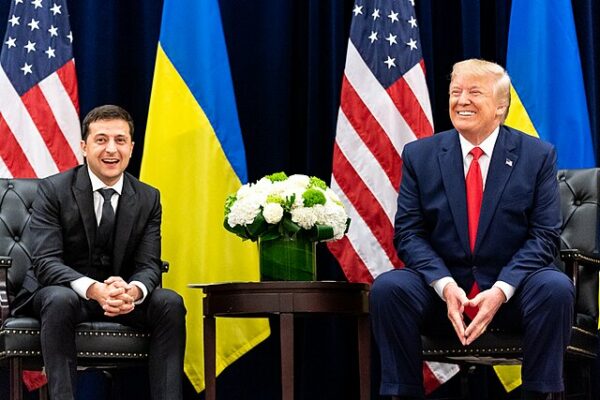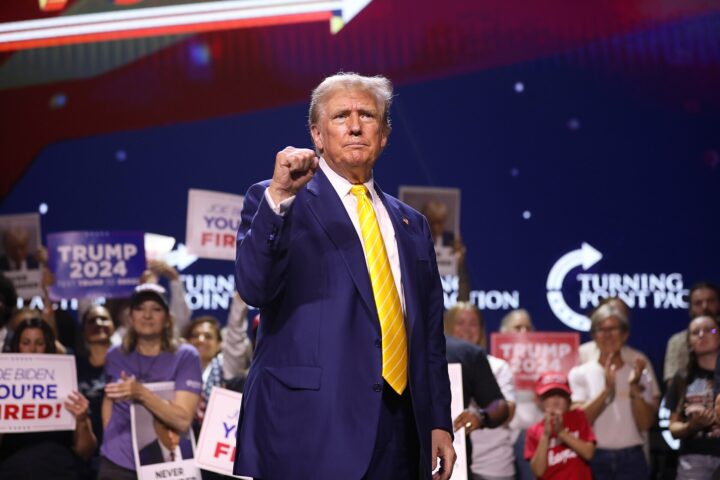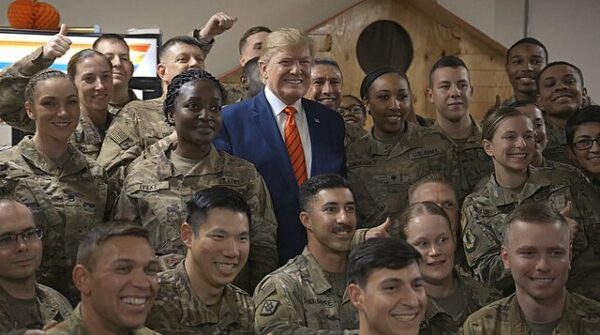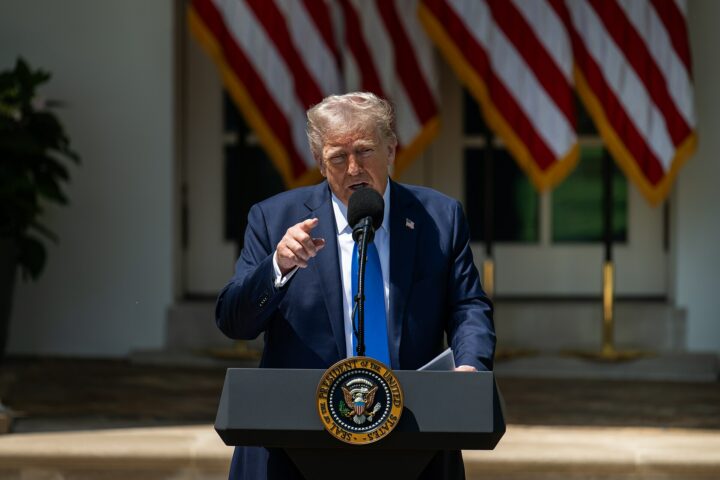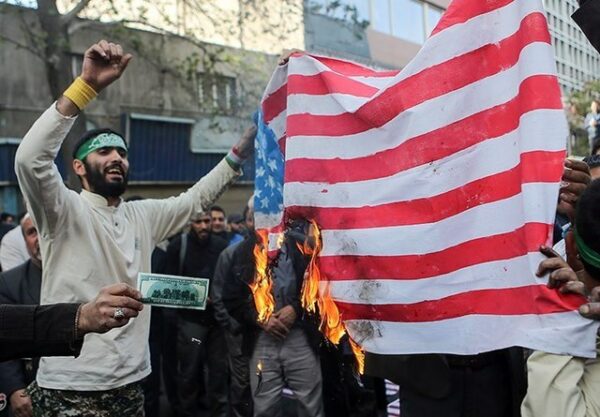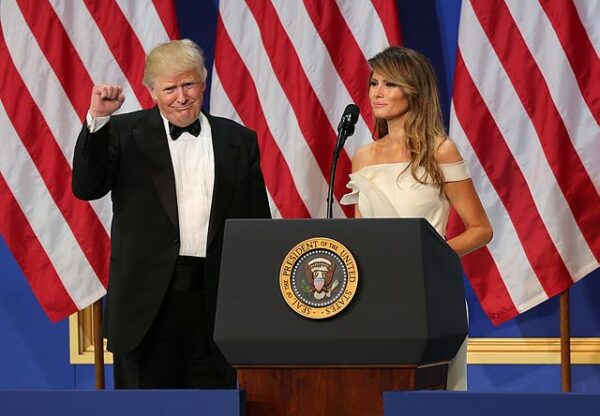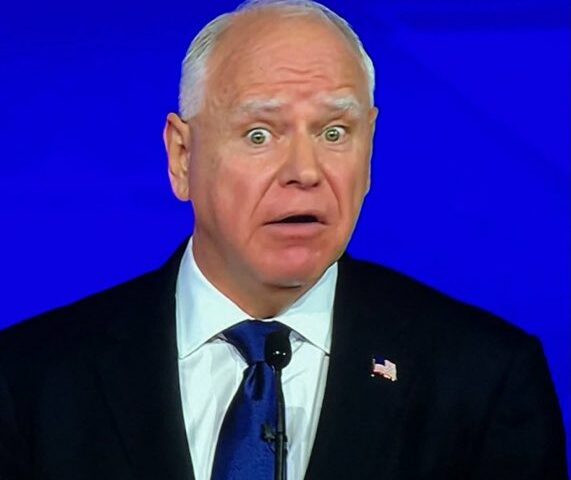Ukrainian President Volodymyr Zelensky warned that his country has reached one of the most precarious points in its modern history, arguing that Ukraine now faces a choice between “surrendering its dignity” and jeopardizing its essential alliance with the United States. In a video address released Friday evening, he said he remained committed to cooperation with Washington and other allies, while making clear that Kyiv would defend its core national interests. “I am determined to work calmly with America and all partners,” he said, adding that he would present counterarguments and alternative ideas in upcoming negotiations.
His remarks followed the leak of a 28-point U.S. proposal that has circulated rapidly across diplomatic circles. The draft reportedly calls for deep cuts to Ukraine’s military and territorial concessions—provisions Kyiv has consistently rejected. Zelensky pointed back to his 2019 presidential oath, saying he is bound “to protect the sovereignty, independence and citizens’ rights” of Ukraine through every decision he makes. The address came shortly after consultations with French President Emmanuel Macron, British Prime Minister Keir Starmer, and German Chancellor Friedrich Merz, according to TIME Magazine.
Zelensky reiterated earlier comments from Thursday stressing the need for a “real and dignified peace” that prevents future Russian aggression and honors Ukraine’s independence and territorial integrity. The White House defended the draft on Friday. Press secretary Karoline Leavitt said: “As the Trump Administration has clearly said, any deal must provide full security guarantees and deterrence for Ukraine, Europe, and Russia to ensure the end of the war, in addition to financial opportunities for Ukraine to rebuild, and for Russia to rejoin the global economy, to benefit the people in both countries.” She described the initiative as an attempt “to find the best win-win scenario, where both parties gain more than they must give.”
According to U.S. officials, the plan was developed after discussions between U.S. special envoy Steve Witkoff and Russian official Kirill Dmitriev. Key elements of the reported draft include blocking Ukraine’s path to NATO membership, facilitating direct talks between Russia and the Western alliance with U.S. mediation, barring NATO troops from Ukrainian soil, and using $100 billion in seized Russian assets for reconstruction under U.S. leadership. Secretary of State Marco Rubio said earlier in the week that lasting resolution demands difficult concessions from all sides and continued exploration of options informed by Moscow and Kyiv.
European leaders responded cautiously but uniformly insisted on Kyiv’s central role in any negotiations. EU foreign policy chief Kaja Kallas said the bloc supports initiatives that may lead to a “just and lasting peace,” but emphasized: “As for the peace plan we understand President Zelensky has been presented with, we have always said that for any peace plan to work, it has to be with Ukraine and with the Europeans on board.”
I held a joint call with President of France @EmmanuelMacron, Prime Minister of the United Kingdom @Keir_Starmer, and @bundeskanzler Friedrich Merz. I am grateful for their principled support for Ukraine and for all our people.
We discussed the plan for peace for Ukraine and all… pic.twitter.com/Lz6Tq38QUR
— Volodymyr Zelenskyy / Володимир Зеленський (@ZelenskyyUa) November 21, 2025
Europe recently promised 100 billion dollars to help rebuild the war-torn country.
The proposal reportedly also rules out deploying international peacekeepers to Ukraine after a ceasefire—an approach at odds with earlier commitments from more than 30 nations. Russia, for its part, claimed it has not received any official document. Foreign Ministry spokeswoman Maria Zakharova told state media that formal materials would be handled through established channels if provided. Hungarian Prime Minister Viktor Orbán, who often echoes Moscow’s geopolitical framing, called the coming weeks “decisive” and suggested Budapest could host a peace summit.
These developments follow months of rising tension. In August, President Trump urged Zelensky to abandon hopes of reclaiming Crimea or securing NATO accession, arguing that Ukraine could end the war quickly if it were willing. A Trump-Putin meeting in Alaska later that month produced no breakthrough, and Washington canceled a planned follow-up in Hungary.

